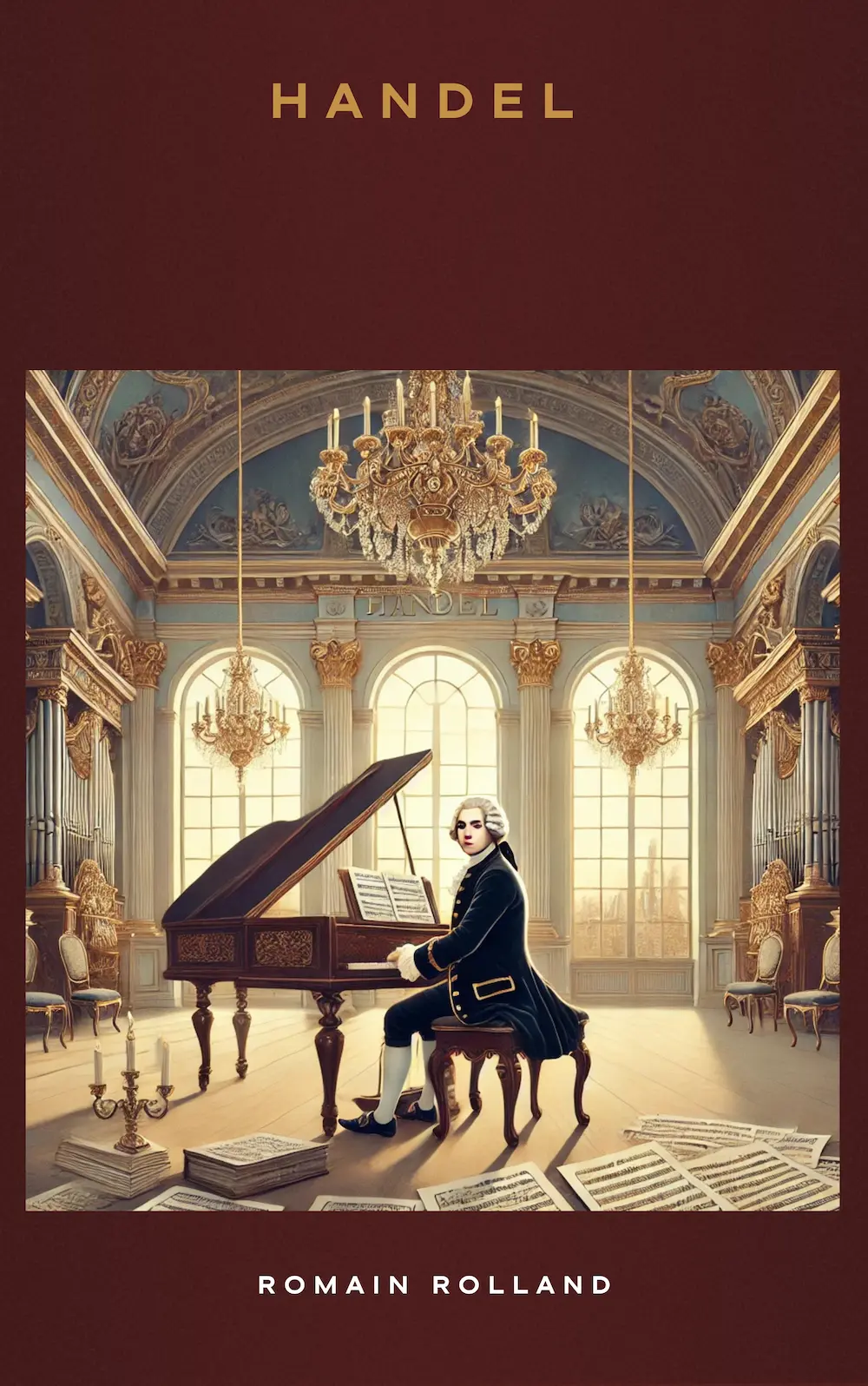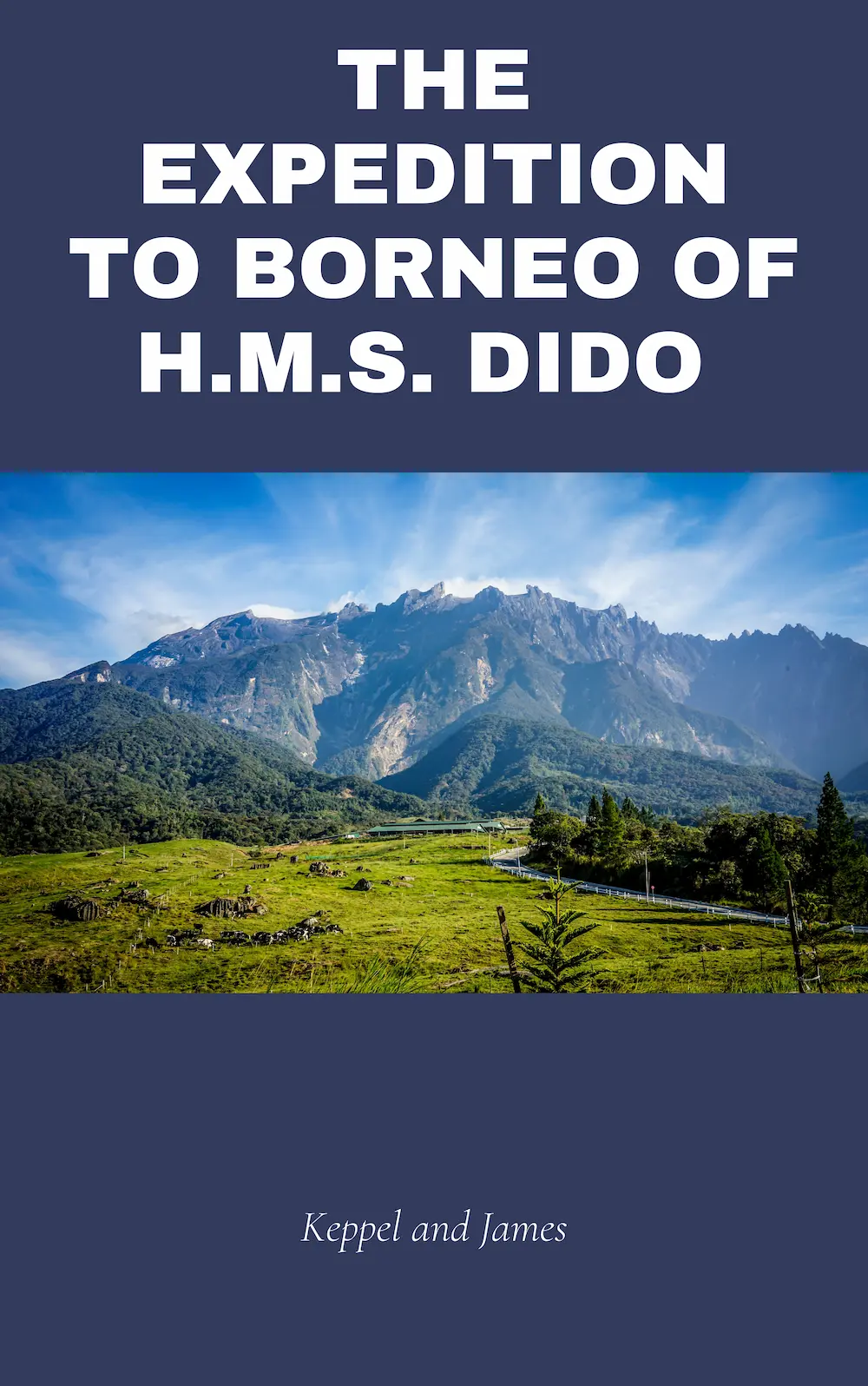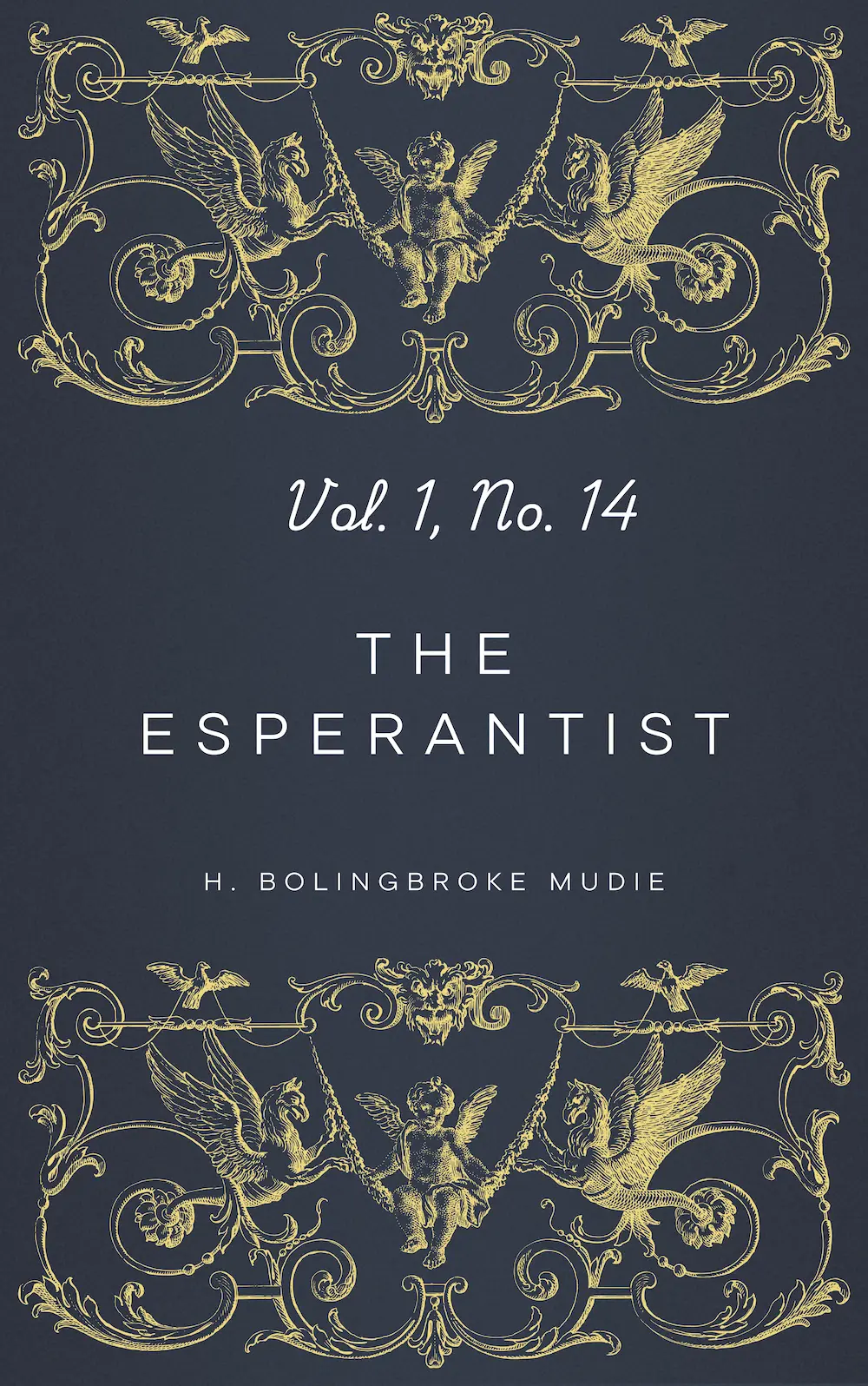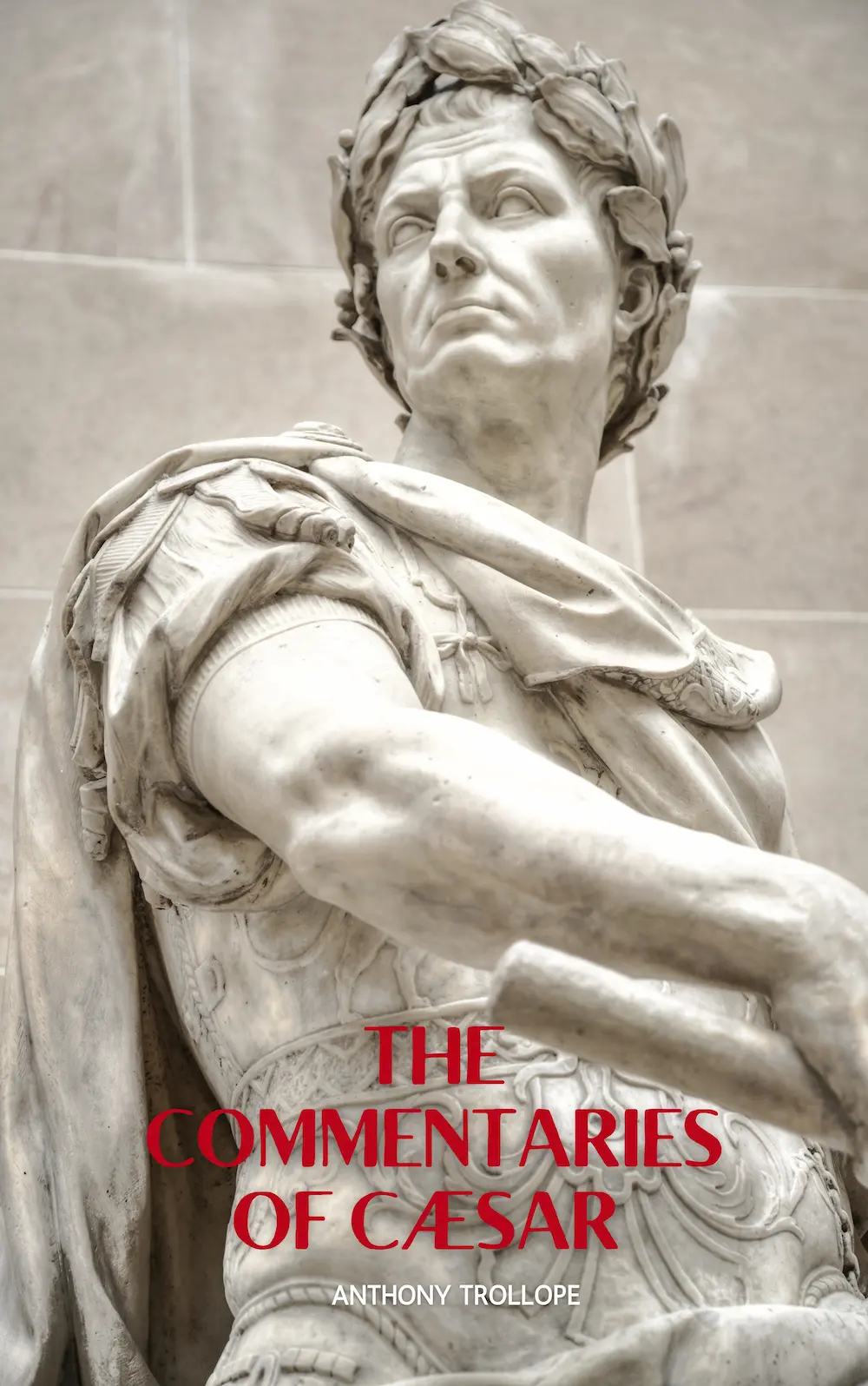
Handel by Romain Rolland
In “Handel,” Romain Rolland examines the composer’s life with a blend of biography, psychological insight, and artistic critique. The book paints a vivid portrait of Handel’s character, exploring his ambitious drive, his relentless work ethic, and his struggles with personal demons such as loneliness, artistic frustration, and financial hardship. Through Rolland’s writing, readers are introduced to Handel as a complex and multi-faceted individual who was deeply committed to his art but also vulnerable to the pressures of fame and success.
Rolland places Handel’s life in the context of the cultural and political landscape of the time, particularly the European music scene, which was undergoing significant transformations during Handel’s lifetime. The book delves into Handel’s most famous works—such as Messiah, Water Music, and Giulio Cesare—and examines the composer’s relationships with patrons, other musicians, and the broader world of opera and oratorio.
20.00 USD
Related Books

The Expedition to Borneo of H.M.S. Dido by Keppel and James
10.00 USD

The Esperantist, Vol. 1, No. 14 by H. Bolingbroke Mudie
14.00 USD

The Commentaries of Cæsar by Anthony Trollope
19.00 USD
Summary
In “Handel,” Romain Rolland examines the composer’s life with a blend of biography, psychological insight, and artistic critique. The book paints a vivid portrait of Handel’s character, exploring his ambitious drive, his relentless work ethic, and his struggles with personal demons such as loneliness, artistic frustration, and financial hardship. Through Rolland’s writing, readers are introduced to Handel as a complex and multi-faceted individual who was deeply committed to his art but also vulnerable to the pressures of fame and success.
Rolland places Handel’s life in the context of the cultural and political landscape of the time, particularly the European music scene, which was undergoing significant transformations during Handel’s lifetime. The book delves into Handel’s most famous works—such as Messiah, Water Music, and Giulio Cesare—and examines the composer’s relationships with patrons, other musicians, and the broader world of opera and oratorio.
Analysis
In “Handel,” Romain Rolland examines the composer’s life with a blend of biography, psychological insight, and artistic critique. The book paints a vivid portrait of Handel’s character, exploring his ambitious drive, his relentless work ethic, and his struggles with personal demons such as loneliness, artistic frustration, and financial hardship. Through Rolland’s writing, readers are introduced to Handel as a complex and multi-faceted individual who was deeply committed to his art but also vulnerable to the pressures of fame and success.
Rolland places Handel’s life in the context of the cultural and political landscape of the time, particularly the European music scene, which was undergoing significant transformations during Handel’s lifetime. The book delves into Handel’s most famous works—such as Messiah, Water Music, and Giulio Cesare—and examines the composer’s relationships with patrons, other musicians, and the broader world of opera and oratorio.